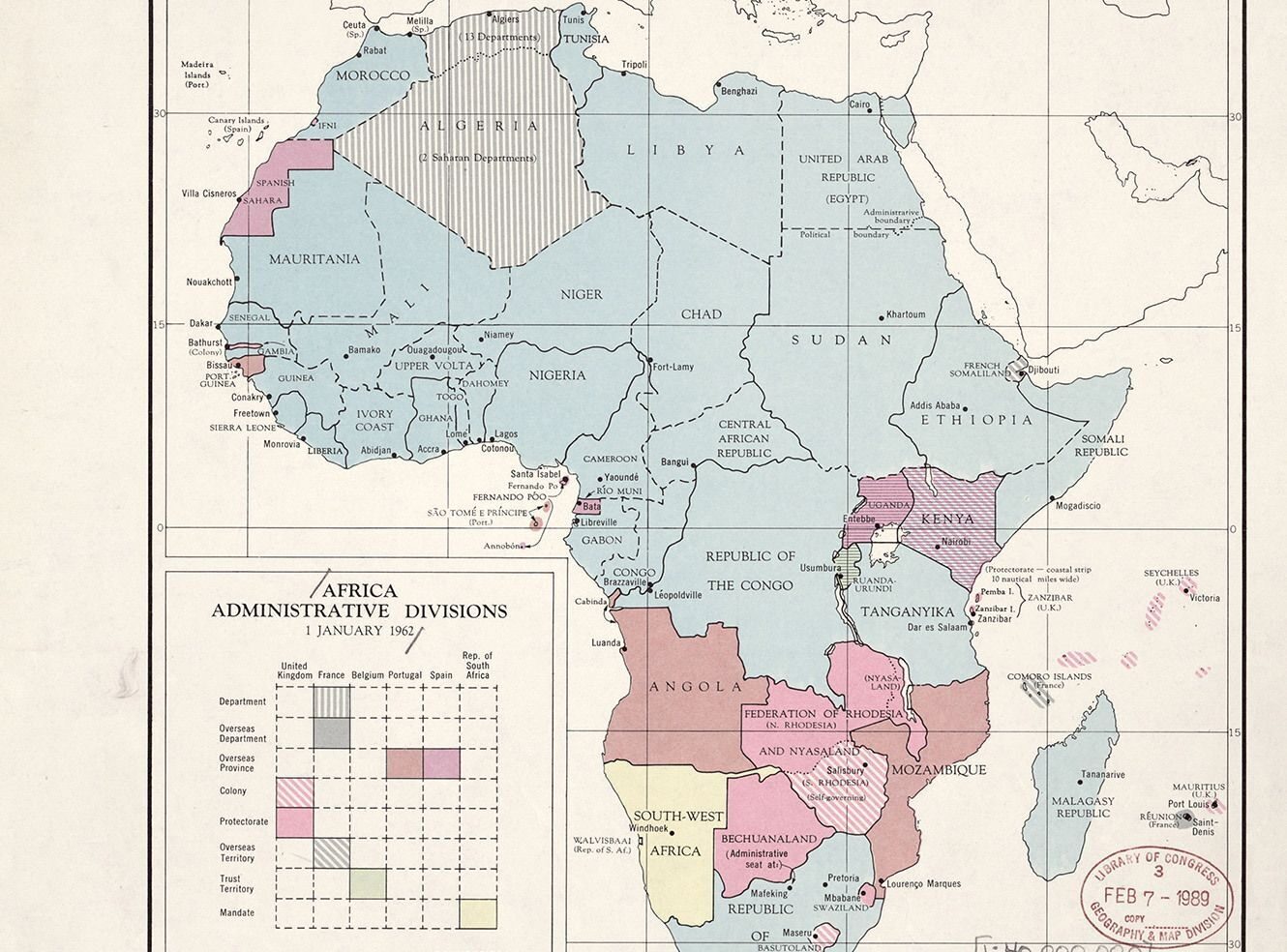Archival Collaboration, Shakespeare’s First Folio and an Open Access Resource
By James Gatheral, PhD.
Originally published in 1623, the First Folio is the first ever collected edition of William Shakespeare’s plays. Of the 36 plays in the book, half of them had not been previously printed; as such, without the First Folio, classic plays such as Twelfth Night, Measure for Measure, Macbeth, Julius Caesar, and The Tempest might never have survived.
It is estimated that around 750 First Folios were printed, of which 233 are currently known to survive worldwide. AM’s First Folios Compared resource features 50 of them, from 26 locations worldwide.
As a major new Open Access project born of collaboration across an international network of libraries and archives, the resource has brought together over 20% of all extant copies of Shakespeare’s First Folio on a digital platform. Now, for the first time ever, researchers, students, and Shakespeare enthusiasts can compare copies of the First Folio online, side-by-side, from the comfort of their own home.
Transforming access to Shakespeare’s First Folio
Most contributing copies have not been publicly available before, and several have been digitised specifically for this project.
Professor Emma Smith of Hertford College, University of Oxford, praised the collaborative nature of the project and its transformative contribution to enhancing access to the First Folio:
This has been a really inspiring project, because of all the First Folio celebrations, it’s the one that feels most decoupled from ownership, and because it does two other things:
1. It makes literal something that’s always said but never truly experienced: that First Folio copies are unique.
2. It transforms access - enabling you to take a look at the First Folio without the hassle and nervousness of getting it out and handling it properly.
Opening up new avenues for research and teaching
Hosted on AM’s Quartex Platform, the First Folios Compared site presents a range of powerful new research opportunities for users.
A wide range of filters enables searching via deeper levels of metadata and static content across the whole site, with section metadata allowing users to search right down to specific scenes of plays for comparison. Meanwhile, Handwritten Text Recognition technology searches in-depth within the Folio itself, scanning every page for search results. Find every mention of the word “midnight”, for example, and the hit highlighting feature will display all results in a clear and accessible way, saving countless hours scanning each page for the search term.
The site features “how to” guides to get started using the purpose-built comparison tool on Quartex, while a range of contextual essays provide everything you need to know about the texts.
For the first time ever, researchers can directly compare two Folios side-by-side, and can even draw in Folios from anywhere on the web, enabling comparison of every digitised Folio online. Comparing the varied pagination, annotations, and signatures underlines the uniqueness of each copy of the publication.
At a project launch event hosted at the Royal Shakespeare Company in Stratford, speakers emphasised the exciting research opportunities opened up by First Folios Compared, with whole sections of the publications unexplored and, in some cases, seemingly unopened.
Others discussed the wide range of potential uses of the resource in the classroom, with the digital portal enhancing access and increasing engagement for students. Peter Jolly, Head of Drama at Dulwich College, described some of the impactful interactions his students had made with the First Folio, and reflected on the contribution of the new open access project:
Putting the First Folio in a new context really changes this mercurial document and makes you think about it in very, very different ways.
Highlighting the value of archival partnerships
First Folios Compared is an inspiring example of archival collaboration, as some of the world’s leading libraries, archives and research institutions have combined to bring their First Folios together on a digital platform for the first time. In doing so, they have made the publication more accessible and more engaging for users around the world.
For AM, leading such an ambitious and collaborative open access project resonated with the company’s core values and mission. Having spent over 30 years working with libraries, archives, and heritage institutions to digitise the world’s historical and cultural knowledge, the team relished the opportunity to enrich the study of such a landmark and vital text as Shakespeare’s First Folio, on the 400th anniversary of its publication.
Claudine Nightingale, who led the project for AM, spoke of the value of collaborative partnerships in developing and producing a resource such as First Folios Compared:
This project has really demonstrated the power of collaborative archive partnerships. We have brought some of the world’s leading libraries, archives and research institutions to create a hugely significant open access resource. I’m really excited to see how researchers and educators use the resource, and where the new scholarship opportunities opened up by First Folios Compared might lead.
What’s next?
Looking ahead, the project is already entering its second phase, with more institutions expressing interest in digitising their own copies of the First Folio and expanding the collection. As the resource continues to be integrated into classrooms worldwide and researchers discover new possibilities offered by the platform, First Folios Compared is set to deepen our understanding of one of the most significant publications in history.
This article was first published in Against the Grain, September 2023.
Recent posts

American Committee on Africa, module II highlights the organisation's activism against apartheid and for African democracy between 1981-2001. Featuring correspondence, reports, and media, it underscores ACOA’s impact and AM’s partnership with the Amistad Research Center.

Girlhood: Magazines and Print Culture explores representations of girls and young women in print media from the 1880s to 1990s. Examining evolving femininity, societal expectations, and resistance, the resource offers new insights for interdisciplinary research.
